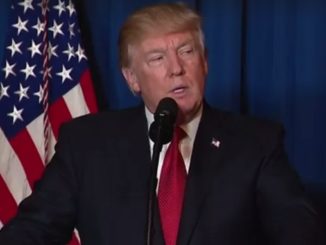
Three international banks are being investigated by the Federal Bureau of Investigation and the Justice Department regarding their roles in selling about $2 billion of debt for Mozambique, The Wall Street Journal reports.
The FBI is probing whether Swiss lender Credit Suisse, Russian bank VTB Group and French bank BNP Paribas facilitated corruption by enabling Mozambican officials to take money raised in the debt sales, people familiar with the matter told The Journal.
Financial regulators in the U.S., the UK and Switzerland began probes into potential securities-law violations by the banks last year, after The Journal reported the existence of irregularities in the Mozambican transactions. Credit Suisse has been trying to rehabilitate its international image for more than a year and recently restructured the investment banking unit that handled the Mozambican deals, The Journal adds.
Credit Suisse’s CEO Tidjane Thiam has been pushing to change the bank’s culture of risk taking for several years with some success, as the bank settled a longstanding lawsuit from the financial crisis in 2016 and reported a sharp rise in third quarter profits this year as it focused more on wealth management. The securities-fraud unit of the FBI’s New York field office began its investigation around June 2016, when a small team of agents visited the capital of Mozambique, Maputo.
Justice officials also have met with Credit Suisse and VTB bankers and lawyers based in London, where the deals were originated, to discuss the transactions and follow-up dealings with investors and Mozambique, the people familiar with the matter told The Journal.
Credit Suisse became involved in the deals in 2012, when the lender began discussions with defense contractor Iskandar Safa, who negotiated a deal to supply Mozambique with military and surveillance equipment through his company Privinvest Group. Safa asked Credit Suisse to help Mozambique borrow money to pay for the contracts.
From 2013 to 2014, the Swiss bank, VTB and BNP raised $2 billion in bonds and loans for companies owned by Mozambique’s Defense Ministry, which contracted to buy equipment and services from Privinvest. About $1.2 billion of the debt wasn’t publicly disclosed and proceeds from the deals went straight from the banks to Privinvest rather than going first to the state-owned companies that borrowed the money, people involved in the transactions said.
The Justice Department is also examining whether the banks helped Mozambican officials borrow more debt than the country’s economy could reasonably repay, as the deals increased Mozambique’s national debt by 25 percent in 2013, and the country defaulted on its loans and bonds last year, The Journal notes.




Be the first to comment